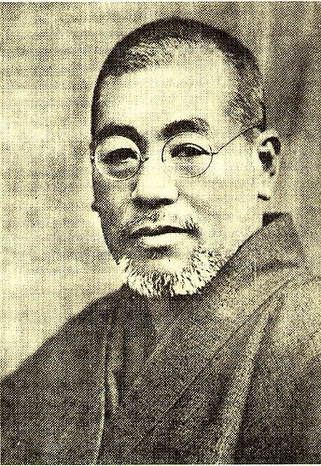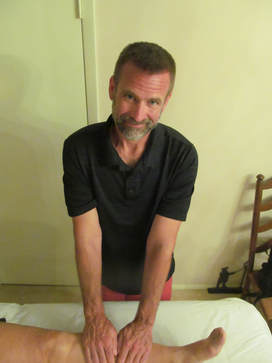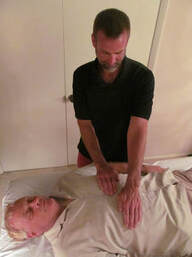
Transformation does not take time.
Transformation occurs only in the present moment.
Reiki is a complementary form of health care that was developed in Japan in the early 1900’s by Mikao Usui (pictured). Reiki is actually made of two words Rei and Ki which translate to “universal life energy.” It is a subtle, powerful, and effective form of energy therapy based on the ancient art of hands-on healing and the proper flow of energy through the chakra system of the body. When this flow is vibrant and strong, it is believed a person experiences a positive state of physical, mental, and emotional health. However, when this flow of energy weakens, reverses, or becomes blocked, it can lead to a variety of imbalances. Reiki encourages deep states of relaxation which allow the body to utilize its own healing processes, the only true way it can heal. Reiki can be effective at relieving physical pain as well as helping one overcome negative emotional states such as anger, sadness, and loss. It can be helpful at times of change in one’s life.
Reiki has shown positive results in helping people heal from injury and illness, reduce pain, and recover from the damaging side effects of chemotherapy and surgery. For this reason, it is now offered at over 800 hospitals in the United States including Dana-Farber Cancer Institute, Columbia University Medical Center, and Memorial Sloan Kettering. It is also offered at our own Wentworth-Douglass and Portsmouth Regional Hospitals. Reiki is increasingly being used as part of many people’s overall wellness plans.
|
Reiki works differently for each particular individual. A typical session will last for an hour to an hour and a half and is often deeply calming. Depending on the situation, you may experience anything from a state of deep relaxation and presence of mind to substantial relief from symptoms. During the session you may experience various sensations as the energy flows and restores balance. These feelings can include tingling, warmth, cold, throbbing, and sleepiness. Please remember that healing takes time; in some cases, multiple sessions may be necessary.
|
|
Scott M. Gordon, M.Ed, RMT
|
|
|

